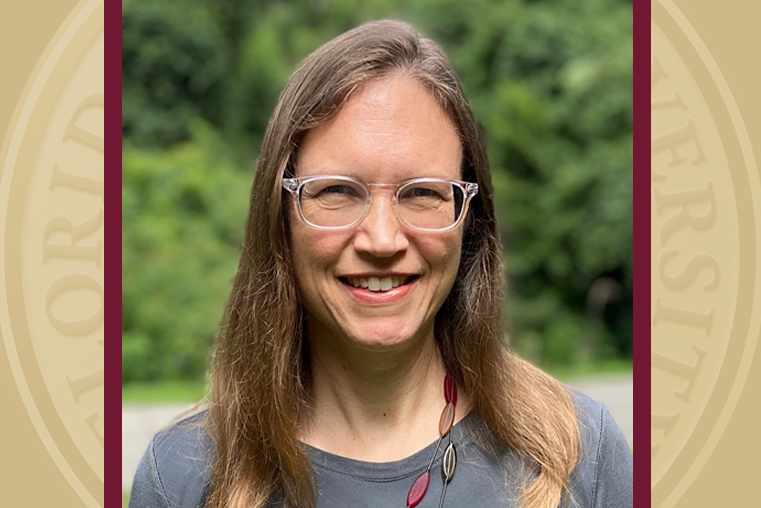
Women’s History Month in the United States has grown from its origins in the 1970s into a month-long celebration of women’s accomplishments.
Florida State University Professor Anne Barrett can speak to reporters covering Women’s History Month about how gender and age intersect in different ways for men and women.
Anne Barrett, professor, Department of Sociology and Pepper Institute on Aging and Public Policy
abarrett@fsu.edu
Barrett’s research examines age — a social factor that is often overlooked, although it is highly consequential for the distribution of power and privilege. Much of her research explores how these age inequalities intersect with gender to produce different experiences for women and men, especially in middle and later life. Topics she has examined include women’s responses to gendered ageism, gender patterns in age identity, the emotional consequences of aging anxiety and ageism in responses to the COVID-19 pandemic.
“Women’s History Month turns our attention to gender inequality — how far we’ve come and how far we have yet to go. We can also think about how gender intersects with a too often overlooked inequality — age — to influence women’s lives. This perspective raises another question to ponder as we reflect on women’s history. How far have we come in ensuring that women of all ages are vital, respected citizens?”




